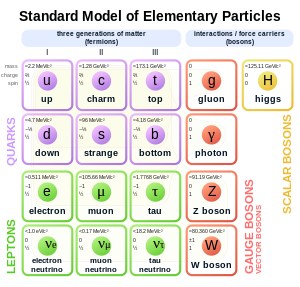And you determined that, how exactly?
Anyone who talks about God, was taught about God, whether you are a scientist or not a scientist.
The stories and themes God, said and learnt and argued about.
If anyone owned the use of general everyday human common sense, then you would not even bother talking science, unless you chose to be a scientist...for it is only for scientific purpose, which was not and never was God.
Yet if science did not think God were not real, then they would not be arguing, would not even bother thinking about any reference to God and would just do science.
So when you have a huge organization of science that studies God concepts, you prove to your own science self that you believe that God exists.
You cannot discuss something as a condition unless it exists.
Yet for some reason science seems to conclude that God does not exist.
So then you would ask their mind, why would a scientist who named God the stone and Earth and a planet that explained how that planet created as a O body, existing, self present its own Immaculate Heavens?
Do you all own a brain problem?
If I was a human doing an assessment on science for the sake of everyday natural humanity, first I would think about a reason why you all seemingly own some mind condition.....actually and be honest about it.
What would make your mind/brain and psyche different to my own.
And common logic would state, if science did not exist until a human practiced it, designed it, built the machination for it...then controlled that machination, then the designer brain/mind would no longer exist, as the original Designer self of the statements for the beginning of science.
You would have left yourself a message for the inherited mind disappearance of self in your own future, and named that identification the bible....and today do not even seem to realize you told your own MATHS self, that by the time a particular year in the future came about, your mind lost to the conditions of AI massed/amassing feed back designed communications would finally convince you to destroy us all.
Seems like it is happening if you took a better look. Or maybe someone in your organization, not quite like you will see what I mean and take some action on behalf of real humans with consciousness before it is too late.

